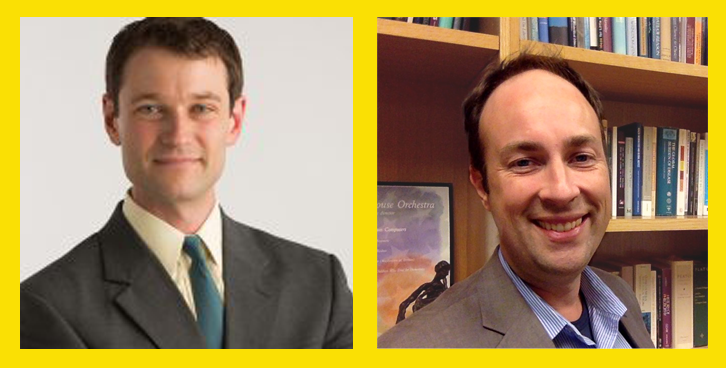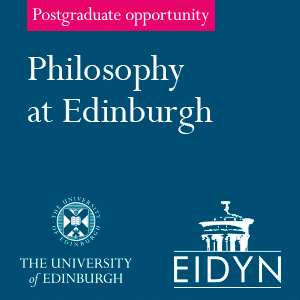Two Philosophers Awarded ACLS Burkhardt Residential Fellowships
The American Council of Learned Societies (ACLS) has named the winners of its Frederick Burkhardt Residential Fellowships, and two philosophers are among them.
They are:
Gabriel S. Mendlow, Professor of Law and Philosophy, University of Michigan-Ann Arbor, for residence at the John W. Kluge Center at the Library of Congress during academic year 2021-2022, to work on his project, Thought Crime:
Thought crime is the stuff of dystopian fiction, not contemporary law. Or so we’re told. Yet our legal system may in a sense punish thought regularly, even as our legal philosophy lacks the resources to recognize this state of affairs for what it is, or to explain what might be wrong with it. The leading Anglophone jurisdictions quietly employ a style of criminalization in which certain laws nominally prohibit outward acts but actually sanction offenders for their inner thoughts. This style of criminalization clashes with critical yet overlooked principles of political morality concerning the right to freedom of mind and the relationship between punishment and policing. By bringing these conflicts to light, this project aims to change how we understand criminal responsibility, how we regulate prosecutorial and judicial discretion, and how we punish numerous criminal offenses, from attempts to terrorism to hate crimes.
and
S. Andrew Schroeder, Associate Professor, Philosophy, Claremont McKenna College, for residence at the Institute for Practical Ethics at the University of California, San Diego during academic year 2020-2021, to work on his project, Navigating Social Values in Science: A Project in Political Philosophy of Science:
Although most of us think of science as an “objective” or “value-free” endeavor, philosophers and other scholars of science have shown that this isn’t right. Doing good science requires making value judgments – e.g., in constructing classification schemes, operationalizing concepts, analyzing data, and managing uncertainty. Current codes of scientific ethics provide scientists with little guidance in making such choices. This project develops a framework to help scientists make those value judgments. The key innovation is to view the choices as lying within the domain of political philosophy, rather than ethics. This makes concepts like democratic legitimacy and accountability central, and gives the public an important role in the process. In collaboration with scientists, the project aims to produce a set of case studies and concrete guidelines to help scientists better navigate the value judgments their work requires.
The fellowship includes $95,000, plus funds for research costs and related scholarly activities of up to $7,500 and for relocation up to $3,000. There were 25 scholars in total named as Burkhardt Fellows this round.



